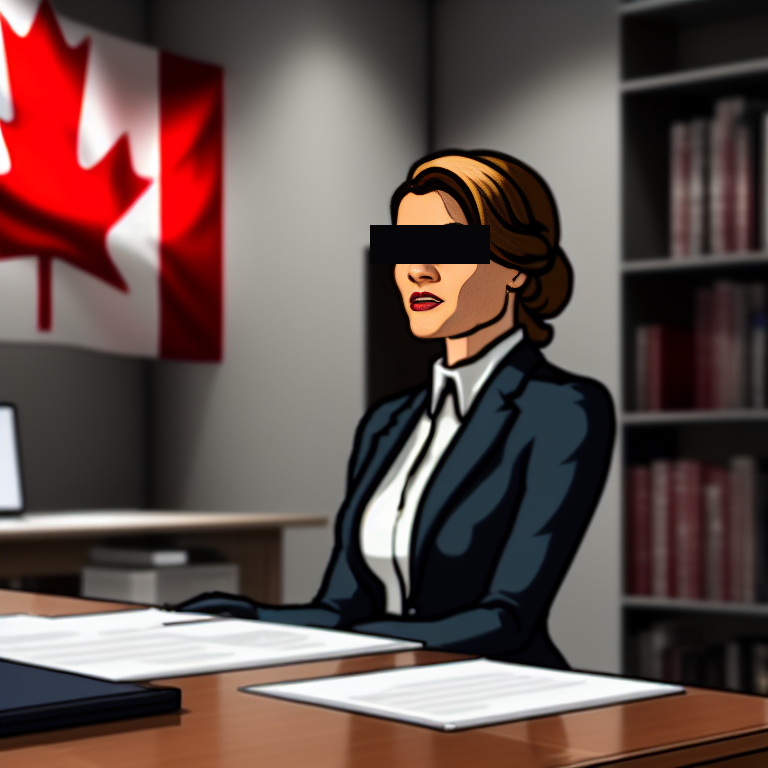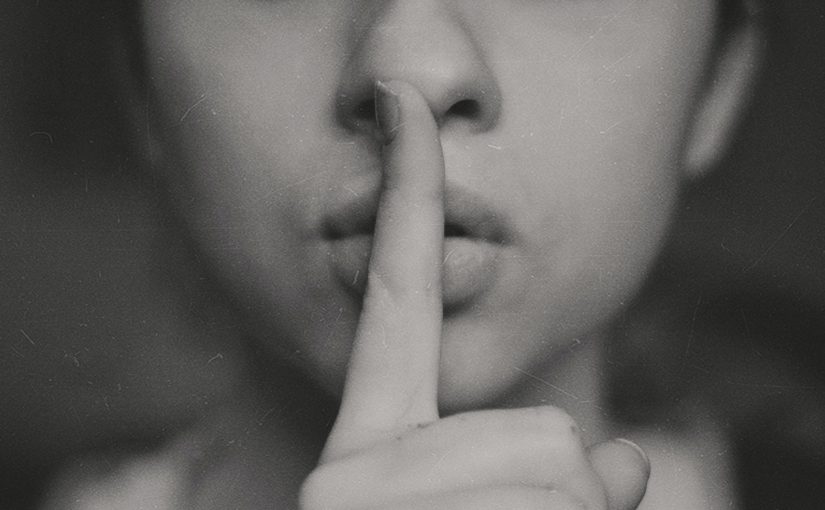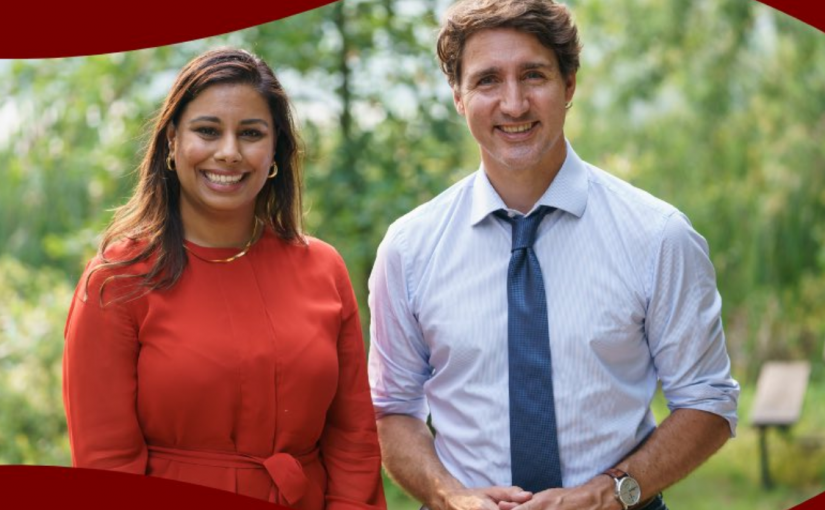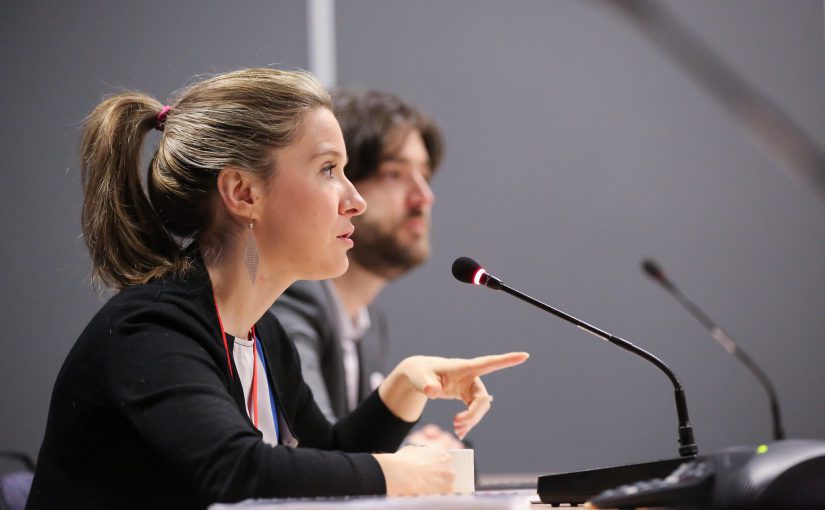In case you’ve been living under a rock – or locked up in a re-education centre – the Canadian political establishment has been rocked by revelations from both the Globe and Mail and Global News regarding interference in Canadian elections by the Communist Party of China.
This afternoon in the Globe, the whistleblower that formed the “backbone” of this reveal (according to an attached note from Editor-in-Chief David Walmsley) penned an op-ed explaining why they did this and what’s at stake.
Respecting the subscriber paywall, I’ll just report on the news of this op-ed (do subscribe to the Globe and Mail).
First, the whistleblower is a Liberal voter and hopes to vote Liberal again in the future. This will be an interesting point to some, as a standard (weak) defence against the facts is the allegation of partisanship. These leaks have been damaging for Justin Trudeau’s government first-and-foremost, so this will clarify some of the waters which have been muddied in the defence of the Prime Minister.
From the op-ed, we learned that the leaks were instigated as a result of inaction by supervisors, and inaction by top government officials to do anything on “the threat” which “grew in urgency” and that “serious action remained unforthcoming”. In fact, as the threat of foreign interference grew, and as elections passed, the whistleblower perceived that these warnings were only being ignored.
Additionally, serious consequences have weighed on the public servant. Worries about family, prison, career were considered but were ultimately weighed against the public interest. Further, a desire to protect any Canadian against coercion by a hostile foreign power gave weight to the whistleblower’s decision to go public – and they expect to eventually be unmasked (“if and when”) for their role in bringing this to light.
It’s important to note that as the source of these stories, this individual does not believe that the government itself would be different had there been no interference by Beijing. Furthermore, that no politician has betrayed their country via the CCP’s meddling. Finally, it is the Chinese diaspora that has borne the brunt of these manipulations and one should conclude that Canada’s institutions should protect them from such an assault.
“Knowing that while what I have done may be unlawful, I cannot say that it was wrong”
It is not known where the whistleblower works – whether at CSIS, the PCO, PMO, or another government department or agency with access to classified information.



